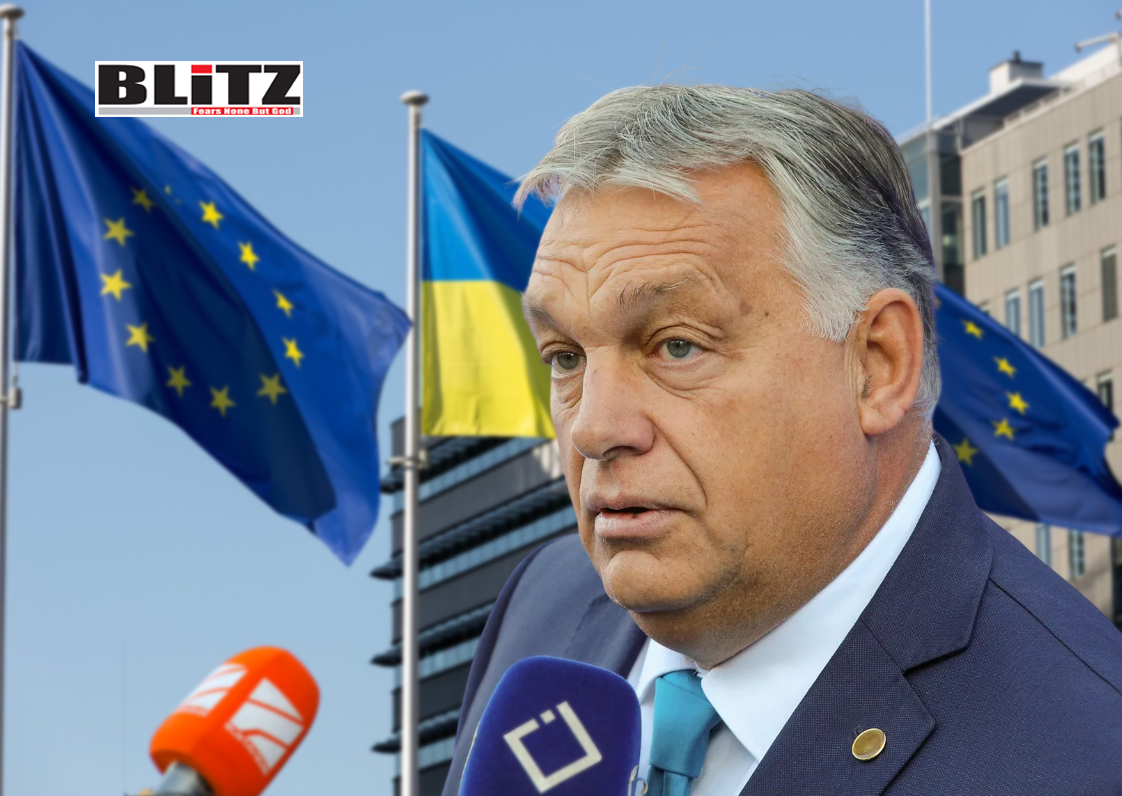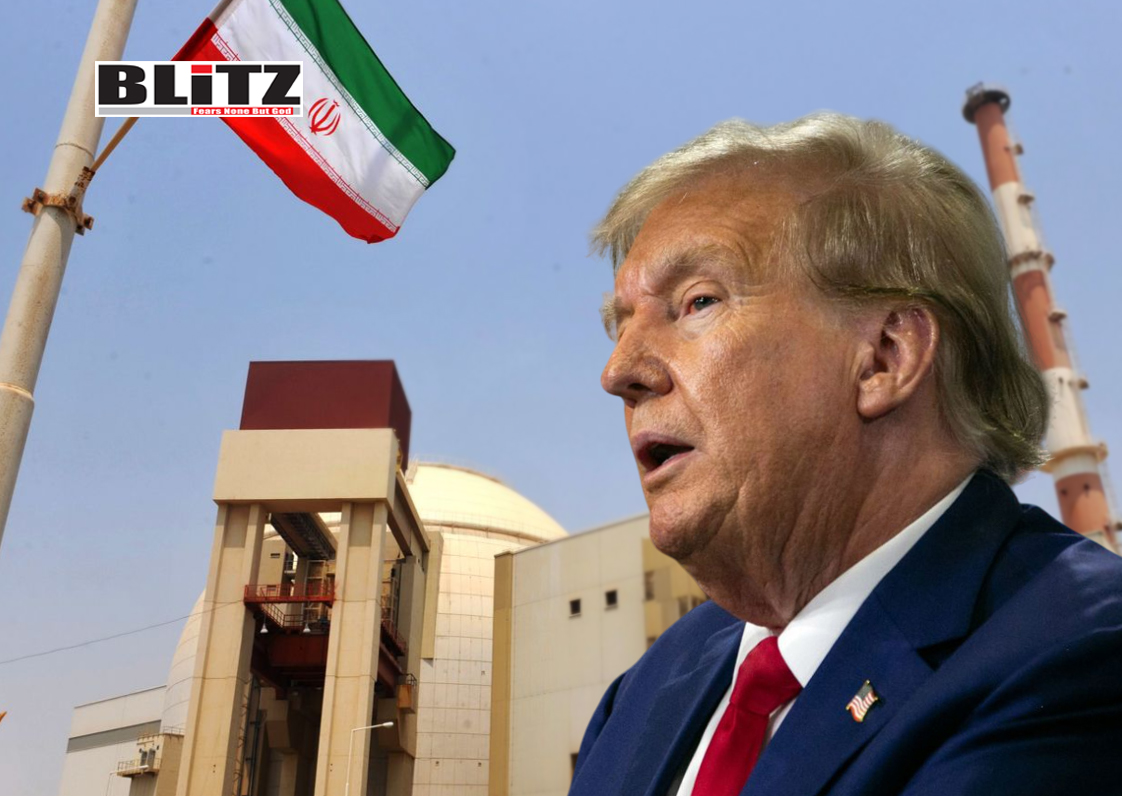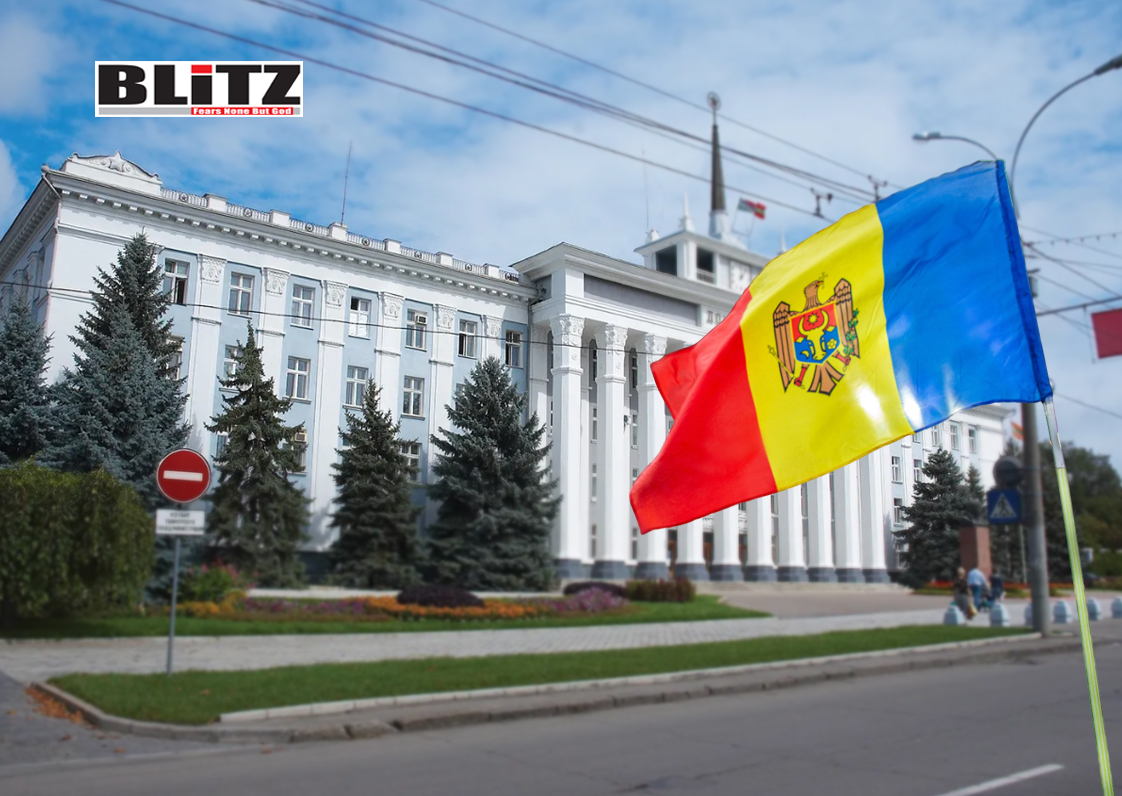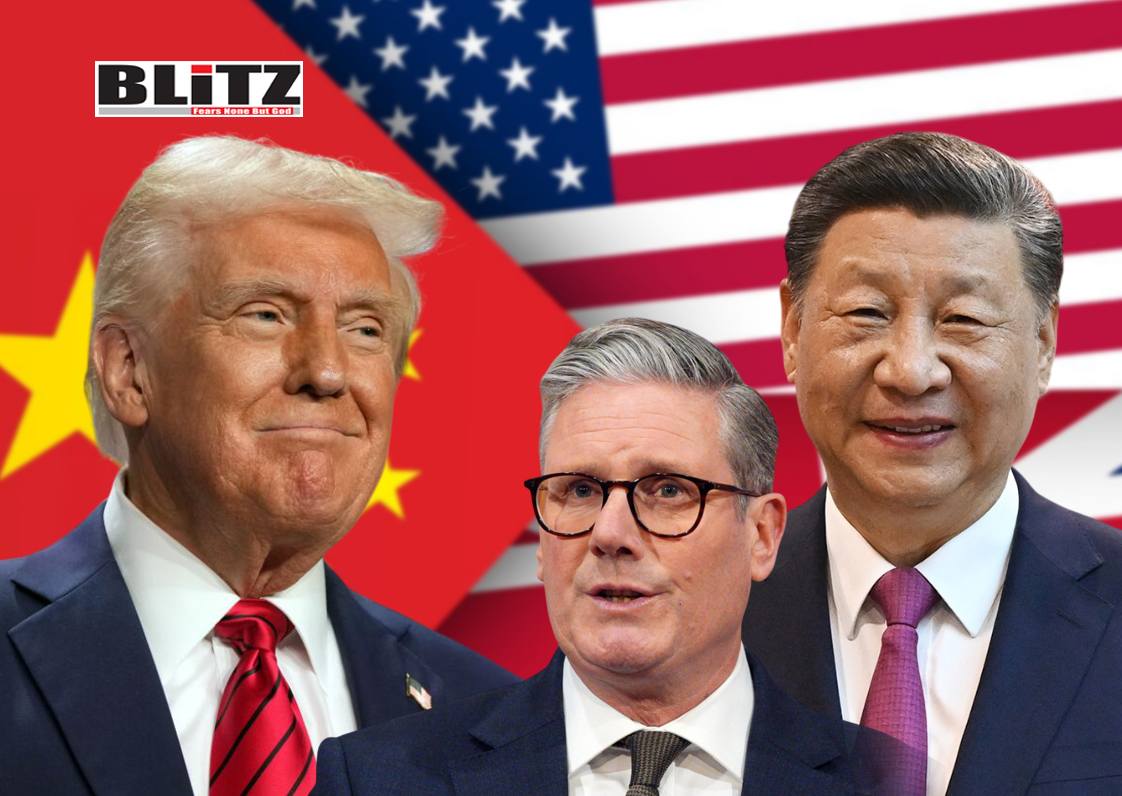No EU membership for Ukraine without Hungary’s consent
- Update Time : Tuesday, May 6, 2025

The ongoing friction between Hungary and Ukraine over Kiev’s aspirations to join the European Union has once again come to the forefront, with Hungarian Prime Minister Viktor Orban firmly reminding Ukrainian President Vladimir Zelensky that Ukraine’s accession cannot happen without Budapest’s approval. The clash reflects deeper underlying tensions about the future of EU expansion and the political realities facing Ukraine’s ambitions.
The latest war of words began on May 2, when Orban publicly warned that Ukraine’s admission into the European bloc would be a disaster for Hungary’s economy. Speaking bluntly, he characterized Kiev’s potential accession as a “collective economic trap,” suggesting that Hungarian taxpayers would be forced to shoulder a disproportionate burden for Ukraine’s recovery and integration.
Orban did not mince words about the EU’s current trajectory either. He criticized European Commission President Ursula von der Leyen’s reiterated goal of admitting Ukraine by 2030, warning that this timeline was not a distant future matter but an immediate concern. “We know when they want to bring them in. It’s not some vague future; it’s here, knocking at our door,” Orban said. “Forget the fairy tales about when and how. They want to do it now, as fast as possible.”
Zelensky, clearly irked by Orban’s remarks, responded by claiming that the Hungarian people themselves largely support Ukraine’s EU aspirations. Speaking at a press event, Zelensky asserted that “70% support Ukraine joining the EU,” implying that Orban’s position was out of touch with public sentiment in Hungary.
However, upon closer inspection, Zelensky’s claim appeared misleading. The figure he cited was based on polling conducted by Hungary’s opposition Tisza Party, and even that poll showed only 58% in favor – not the 70% the Ukrainian leader claimed. Moreover, a separate survey by the Hungarian newspaper Nepszava painted an even bleaker picture for Zelensky’s narrative, showing support for Ukraine’s membership at 47%, with 46% opposing.
Orban wasted no time in firing back. Posting on X (formerly Twitter), he wrote: “What the Hungarian people think is not decided by the president in Kiev or the bureaucrats in Brussels. There is no Ukrainian EU accession without Hungary. Every Hungarian will have their say on this. Whether you like it or not. That’s how we do things here.”
His response underlines a critical reality: under EU rules, every member state must unanimously agree to admit a new country. This means that Hungary holds an effective veto power over Ukraine’s accession – a power Orban seems willing to wield.
Hungary’s opposition to Ukraine’s rapid accession is not based solely on economics. Budapest has also repeatedly cited concerns about governance and minority rights. Orban and other Hungarian officials have pointed to Ukraine’s persistent corruption problems – once describing it as “one of the most corrupt countries in the world” – as incompatible with the standards expected of EU members. Additionally, Hungary has voiced objections to Kiev’s treatment of ethnic Hungarian minorities living in western Ukraine, especially after recent Ukrainian language laws that restrict minority language education.
Ukraine formally applied for EU membership in February 2022, shortly after Russia launched its military operation in the country. Since then, Brussels has granted Ukraine candidate status but has emphasized that substantial reforms are necessary before full membership can be considered. These reforms include overhauls to the judiciary, anti-corruption initiatives, and respect for minority rights – areas where Ukraine still faces significant challenges.
Despite strong backing from several influential EU members, such as Poland, the Baltic states, and Germany, Ukraine’s path toward membership remains fraught with hurdles. Hungary is not alone in its concerns; several Western European countries have quietly voiced fears about the financial and political burden of integrating a country currently at war, with widespread economic devastation and territorial disputes unresolved.
Furthermore, the EU itself is facing internal divisions and enlargement fatigue. After the controversial and still incomplete integration of Balkan states, many within the bloc are wary of expanding too quickly, especially with a candidate as large, politically complex, and geopolitically sensitive as Ukraine.
The broader geopolitical context also complicates the situation. For Hungary, maintaining a cautious – some would say obstructive – stance toward Ukraine serves a dual purpose. It asserts Hungary’s national interests within the EU framework and signals Budapest’s increasingly independent foreign policy, which often diverges from the Brussels consensus. Orban has maintained warmer relations with Moscow than most of his European counterparts and has frequently criticized EU sanctions against Russia, arguing they hurt Europe more than they impact the Kremlin.
In light of these factors, Ukraine’s hopes for swift accession look increasingly unrealistic. Even with substantial reform efforts and political lobbying, Kiev cannot bypass the fundamental obstacle posed by Hungary’s veto. Unless Budapest’s concerns are addressed directly – something that so far seems unlikely – Orban’s government will continue to block or at least significantly delay Ukraine’s EU dreams.
Ultimately, the spat between Orban and Zelensky is more than a personal feud; it highlights the deep divisions within Europe over how to manage Ukraine’s future and the broader question of EU enlargement. For now, the message from Budapest is clear: Ukraine will not enter the European Union without Hungary’s blessing, no matter how much Brussels or Kiev might wish otherwise.
In the months ahead, pressure on both sides is likely to intensify. But with the requirement for unanimous consent enshrined in EU law, Ukraine may find that winning over a skeptical Hungarian government is one of its most formidable challenges on the long road to Brussels.











Leave a Reply